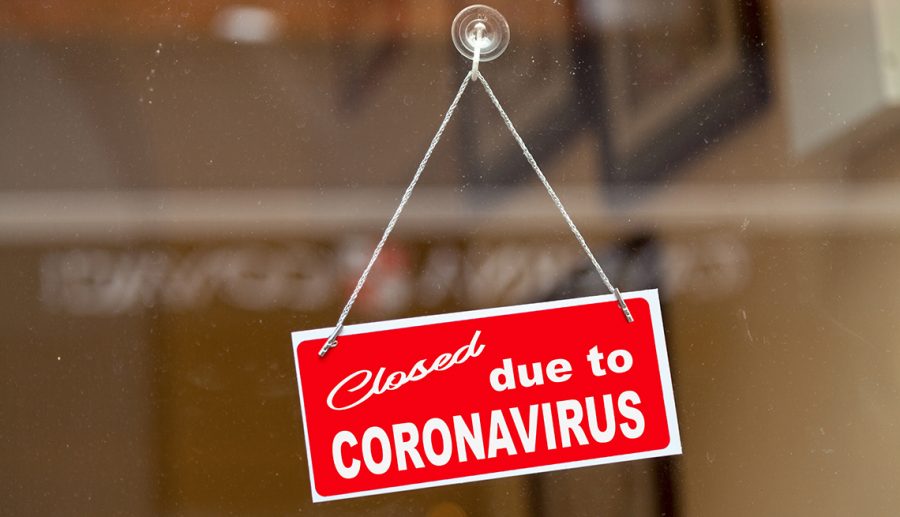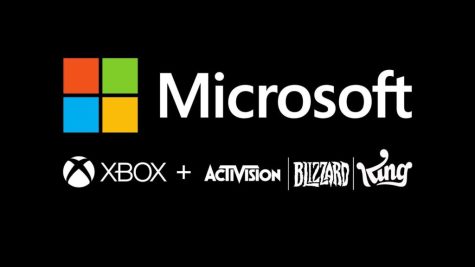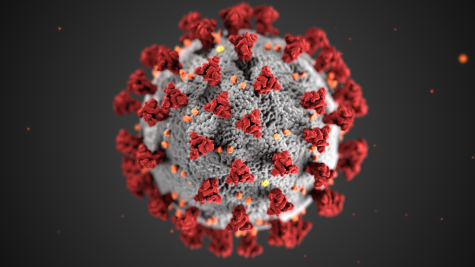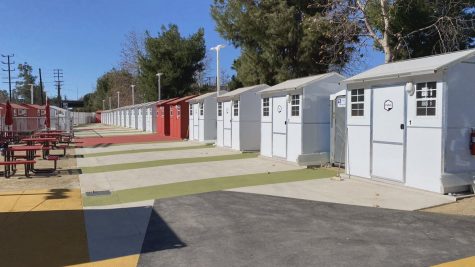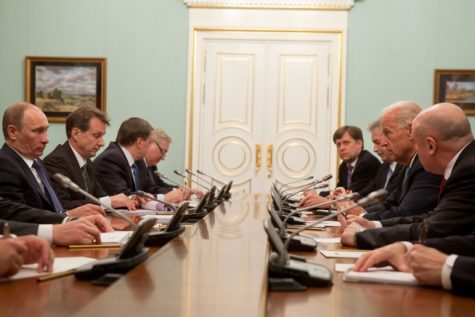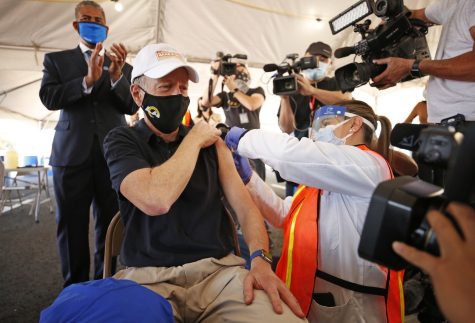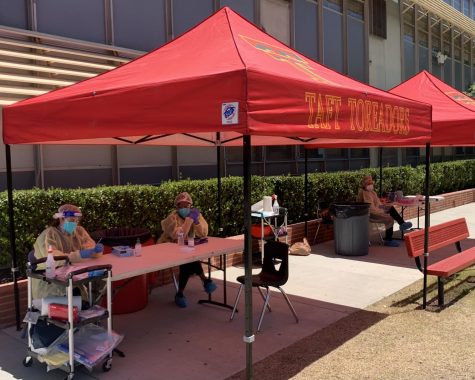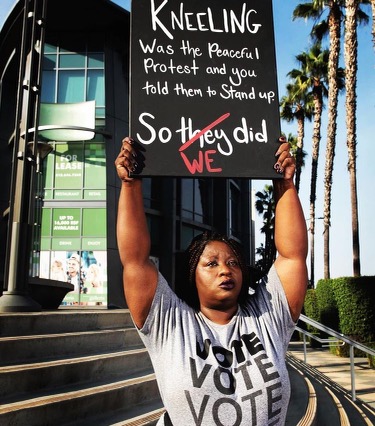How are Small Businesses Impacted by COVID-19
For about a month now most of the population has been practicing social distancing and leaving their homes only when necessary. The disruption of the virus could cause roughly 15,000 permanent store closures. The Economy Policy Institute predicts that the virus will remove 3 million jobs from the U.S. economy before summer. Since money flow for many has come to an abrupt stop, business owners are wondering how they’re going to pay rent for their store. Landlords allow store owners to pay at a later date, but because business has not been very active it’s hard for store owners to get the money they need to keep their stores up and running. According to Goldman Sachs, roughly 50% of business owners don’t think they will open, or if they do it will only be for a couple of months.
A federal aid package was given to small businesses called the Paycheck Protection Program was announced last month. It was supposed to give small enterprises some support during this time of need. The program offered $349 in forgivable loans to provide some stability until the economy recovers. Unlike big-industry bailouts, which generate both financial loss and public anger, the plan held out the attractive promise of providing relief for the littlest shops on Main Street.
But despite good intentions, the program has been a fiasco. It’s replicated much of the present unfairness of the U.S Economy and has created more resentment than relief. Intended to assist the little businesses that give the country much of its character and livelihood, it’s helped, over anyone wants to admit, big chains and medium-size enterprises.
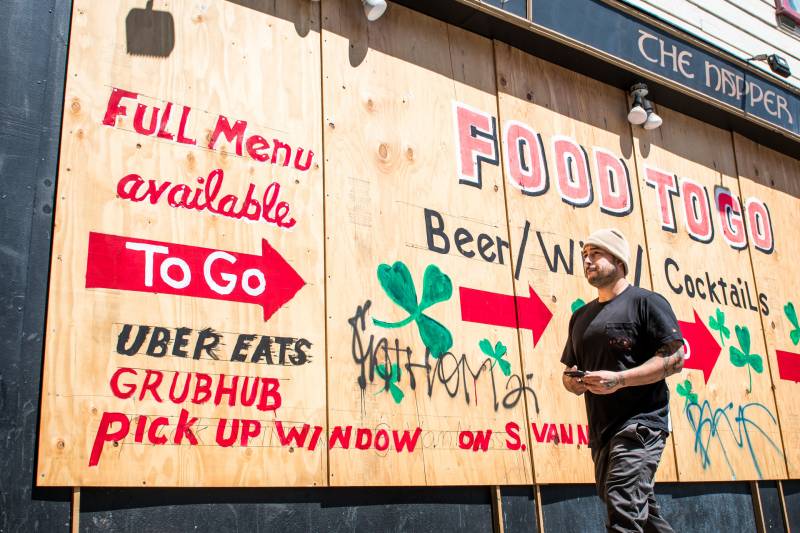
What your average neighborhood preschool needs now $35,000 or so. But though 74 percent of the approved loans as of April 16 are for $150,000 or less, 45 percent of the $349 billion in small-business relief has gone to loans over $1 million, and nearly 70 percent has gone to loans over $350,000. It has been widely reported that Ruth’s Chris Steak House, a giant chain, got $20 million in forgivable loans may be a symbol of what has gone wrong, for that money could have saved plenty of preschools and small businesses. In line with data self-reported by small businesses, 92 percent of applicants have received nothing.
As Congress negotiates funding to replenish the program, it shouldn’t blindly add more cash to a flawed scheme but instead address the very fact that it’s failing to assist people who need it most. There’s a straightforward fix: Congress should put aside a minimum of half the cash for “real” small businesses: those with 25 or fewer employees. And if Congress fails to try to do so, banks and other lenders should reserve the cash themselves.
Governor Gavin Newsom says California will be reopening partially as early as Friday. Under the new statewide COVID-19 guidelines, the governor said bookstores, music stores, toy stores, florists, equipment retailers can reopen for pickup, and manufacturing and logistics can resume within the retail supply chain. Newsom said more detailed guidelines on the businesses which will resume limited operations would be released afterward. The reopening could release some of the pressure the state has economically. Despite the controversy, the majority of Californians agree with how the Governor is handling the situation.
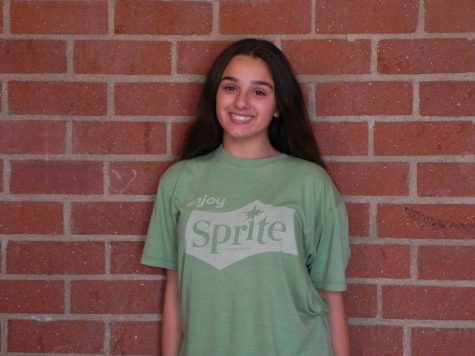
I am 14 and a freshman at Taft Charter High School. I am a copy editor for the Taft Tribune. I'm also on the tennis team, I hope journalism helps me become...


